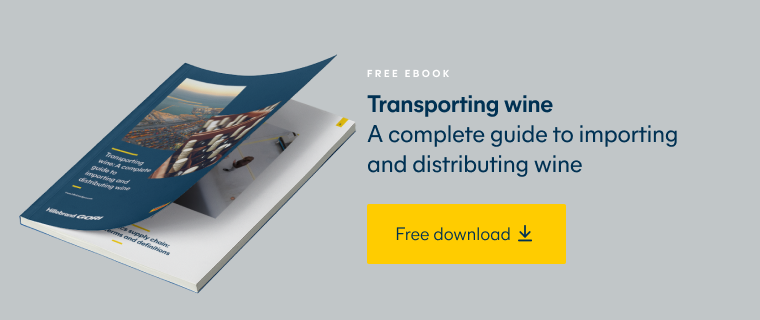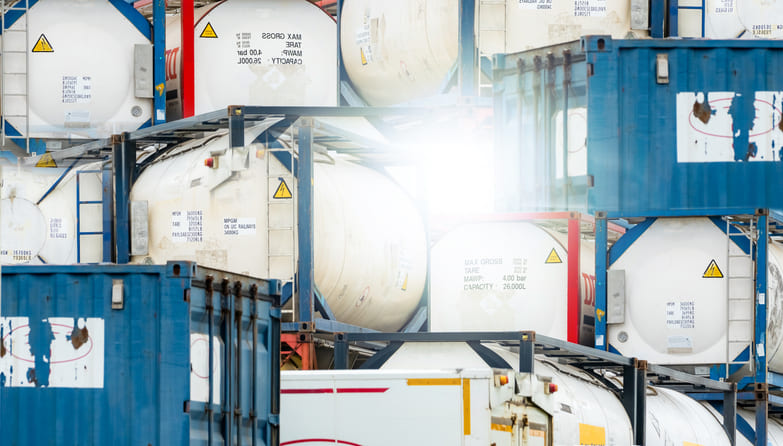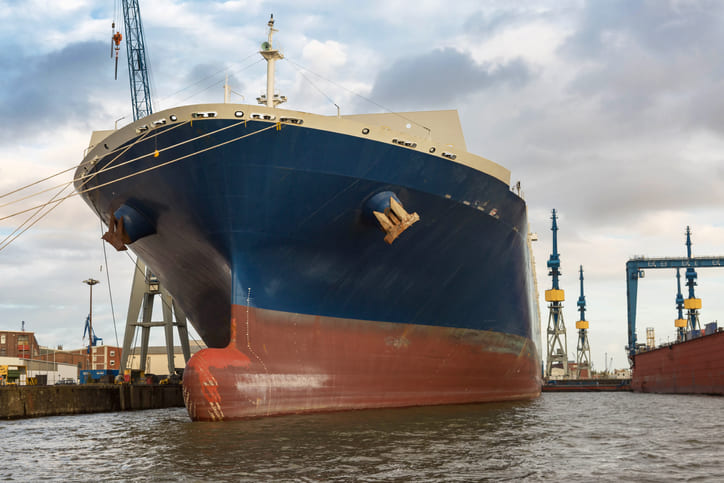Share this post
IMO 2023 regulation explained
The new IMO 2023 regulation effective fom 1st Jan 2023. The two new mandatory rules will focus on vessel efficiency and carbon emissions. It’s all part of the International Maritime Organization’s Greenhouse Gas Strategy (GHG), to reduce ocean freight carbon emissions. The goal being to make a reduction in emissions by 40%, by 2030 and 70% by 2050 compared to 2008 levels.
What are the IMO 2023 regulations?
Two new indexes will be enforced by the IMO 2023 regulation:
EEXI (Energy Efficiency Existing Ship Index)
EEXI is a rating system to assess the energy performance of vessels currently in operation.
It is uses energy consumption data, along with speed, power, and engine size
It takes into account vessel specifications, not the actual operating performance
Penalties and/or restrictions will be placed on vessels whose EEXI rating is below the required
EEXI will be assessed in a survey after January 1st, 2023 at the International Air Pollution Prevention Certification
CII (Carbon Intensity Indicator)
CII will rank and monitor the efficiency of vessels.
It will link GHG emissions, the quantity of cargo carried, with the distance travelled ratio
To ensure compliance, the CII rating threshold will define a yearly carbon reduction factor
Vessels will be graded from A (good) to E (poor)
If a vessel receives a D grade for three years, or an E grade for one year, a corrective action plan will be put in place
How will the IMO 2023 regulation affect you?
For sure, the IMO 2023 regulation will change the global shipping landscape. This is the point; take steps towards greener ocean freight logistics.
So whilst vessel owners and operators will be investing in new fuel technologies and/or upgrading their fleets to meet IMO 2023 requirements, it may mean capacity is tight. Expect slow steaming as carriers try to reduce fuel consumption and subsequently CO2 emissions, and a fight for vessel space, while ships are idled for modifications.
The knock-on effect of this may also impact shipping rates, and not in a good way. The cost to modify vessels and/or burn greener fuels is unlikely to be cheap and will probably be passed along the supply chain back to the freight payer.
Whether you are a vessel owner or a freight payer, the IMO 2023 regulation is something that should be aware of. Its intention is positive and its long term impact will be beneficial, but in the short term there might be an adjustment period.
Stay informed, check out our monthly ocean freight market update for regular updates.





